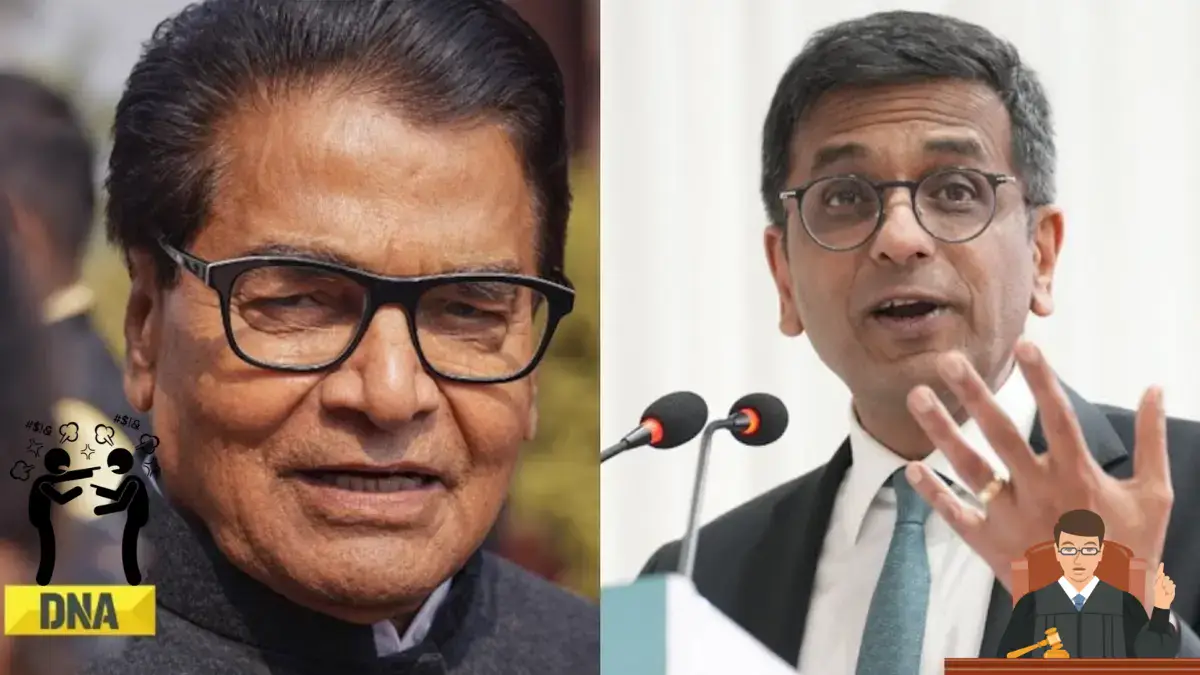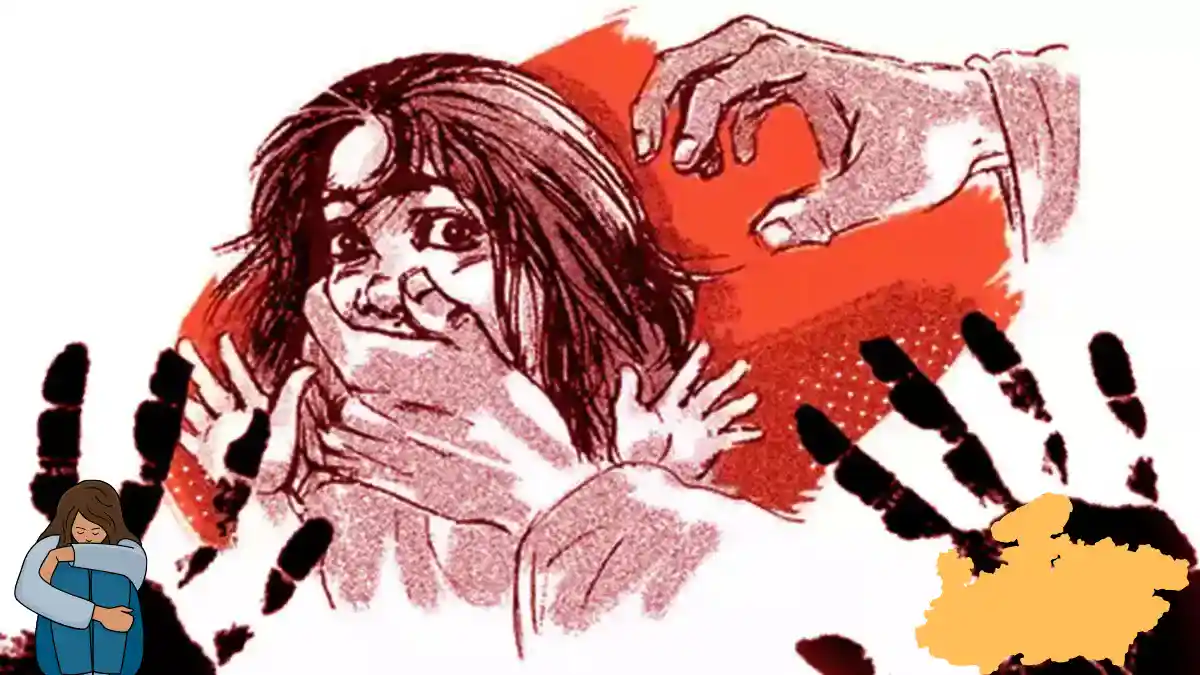
In a significant development, Hyderabad has registered its first Zero FIR under the new Bharatiya Nyaya Sanhita laws. This move marks a shift in how crimes can be reported, aiming to make the process more accessible and efficient. But what exactly is a Zero FIR, and why is this news important? Let’s dive into the details.
What Is a Zero FIR?
A Zero FIR is a type of First Information Report (FIR) that can be filed at any police station, regardless of where the crime took place. Unlike a regular FIR, which is registered at the police station that has jurisdiction over the area where the crime occurred, a Zero FIR can be lodged anywhere. The police station that registers the Zero FIR then transfers it to the appropriate station for investigation.
This system was introduced to make it easier for victims to report crimes without worrying about which police station they should visit. It ensures that action can be taken quickly, even if the incident happened far from the location where the report is made.
Hyderabad’s First Zero FIR Under Bharatiya Nyaya Sanhita
Hyderabad’s first Zero FIR under the newly enacted Bharatiya Nyaya Sanhita marks a milestone in the implementation of this law. The Bharatiya Nyaya Sanhita is part of a series of legal reforms aimed at modernizing India’s criminal justice system. It replaces the older Indian Penal Code (IPC) with updated laws that are designed to address current challenges more effectively.
This Zero FIR was filed in a case that did not happen within the jurisdiction of the police station where the report was made, but thanks to the new system, it could still be filed without delay. The FIR was later transferred to the appropriate police station for further investigation.
Why Is This Important for Crime Reporting?
The introduction of Zero FIR under the Bharatiya Nyaya Sanhita is expected to make it easier for victims to report crimes, especially in situations where time is critical. For instance, in cases of sexual assault, accidents, or serious crimes, victims may not be near the location where the crime occurred or may not have the time to travel to the correct police station.
By allowing people to report crimes at any police station, the new system helps ensure that no time is wasted. This can lead to quicker investigations and a more efficient legal process, which is especially important in cases where evidence needs to be collected quickly.
How Does This Impact Citizens?
For the people of Hyderabad, and across India, this development makes the process of reporting crimes less stressful. Victims no longer need to worry about going to the “correct” police station, which could be far from where they are or hard to access. This is particularly helpful for those who are unfamiliar with the area where a crime occurred or those who need immediate assistance.
The Zero FIR system also helps people feel more empowered to report crimes, knowing that they can walk into any police station and file a report. This is especially meaningful for vulnerable populations, like women and children, who may otherwise be hesitant to approach the police.
What Could Happen Next?
As more cities and regions begin to use Zero FIR under the Bharatiya Nyaya Sanhita, we could see a shift in how crimes are reported across India. The system is designed to make the criminal justice process smoother and more efficient, and its success in Hyderabad could encourage other states to adopt similar practices.
This change may also lead to more timely investigations and quicker legal proceedings, as delays caused by jurisdictional confusion are reduced. In the long run, this could help improve trust in the legal system and encourage more people to come forward and report crimes.
Conclusion
Hyderabad’s first Zero FIR under the Bharatiya Nyaya Sanhita is a step forward in modernizing India’s criminal justice system. By making it easier for victims to report crimes, the system aims to ensure that justice is delivered more swiftly. As more areas adopt this practice, it could transform how crimes are reported and investigated across the country.





